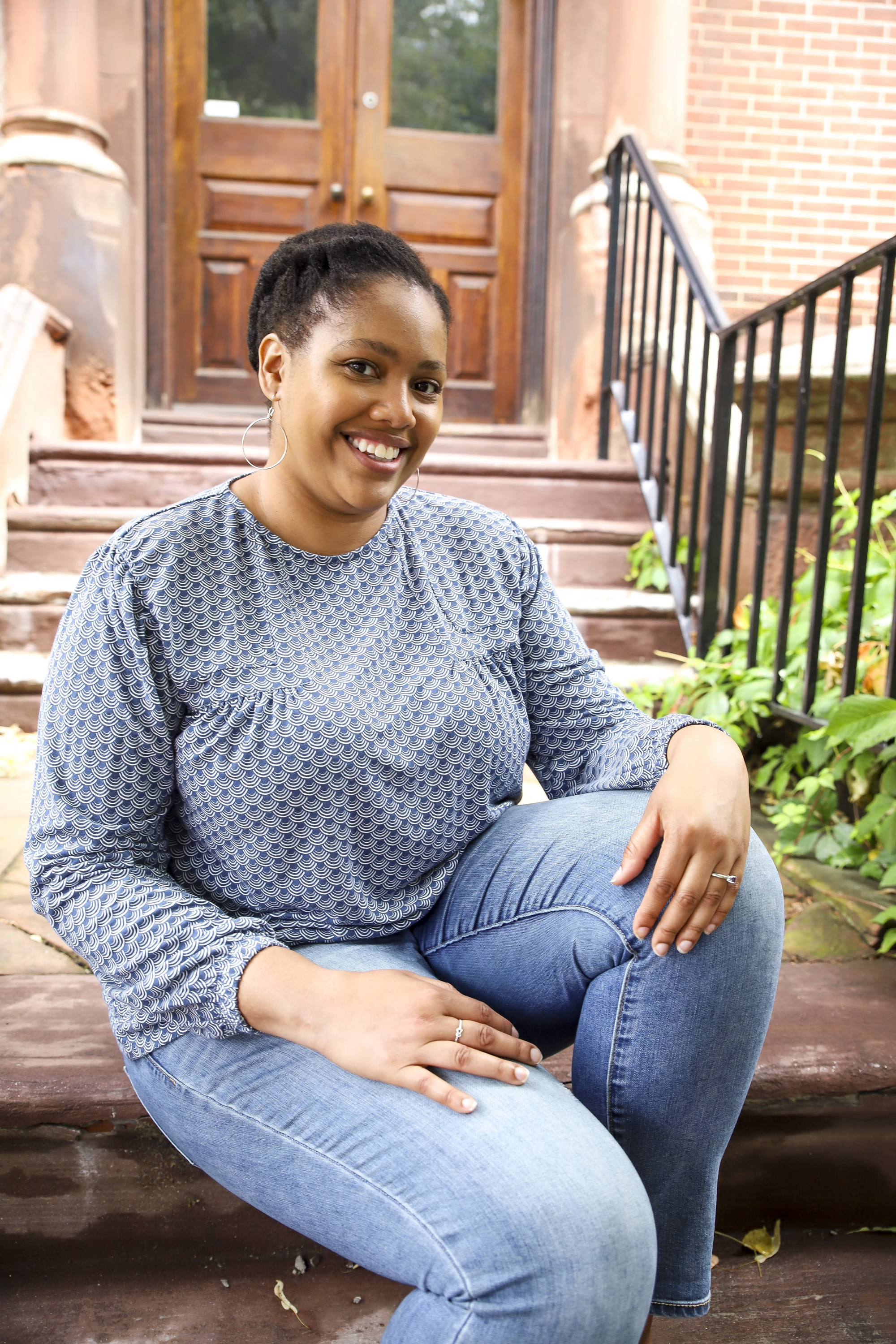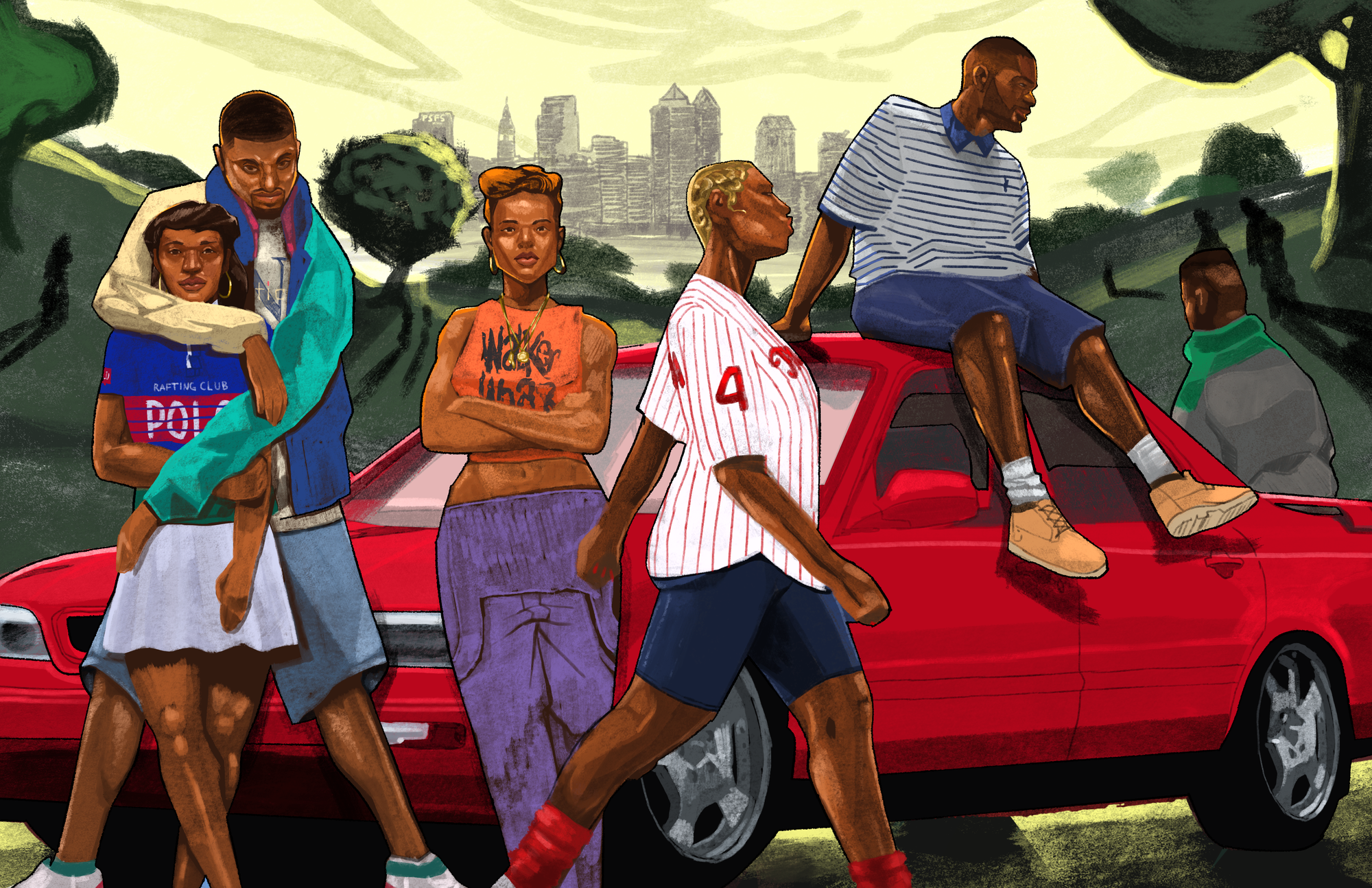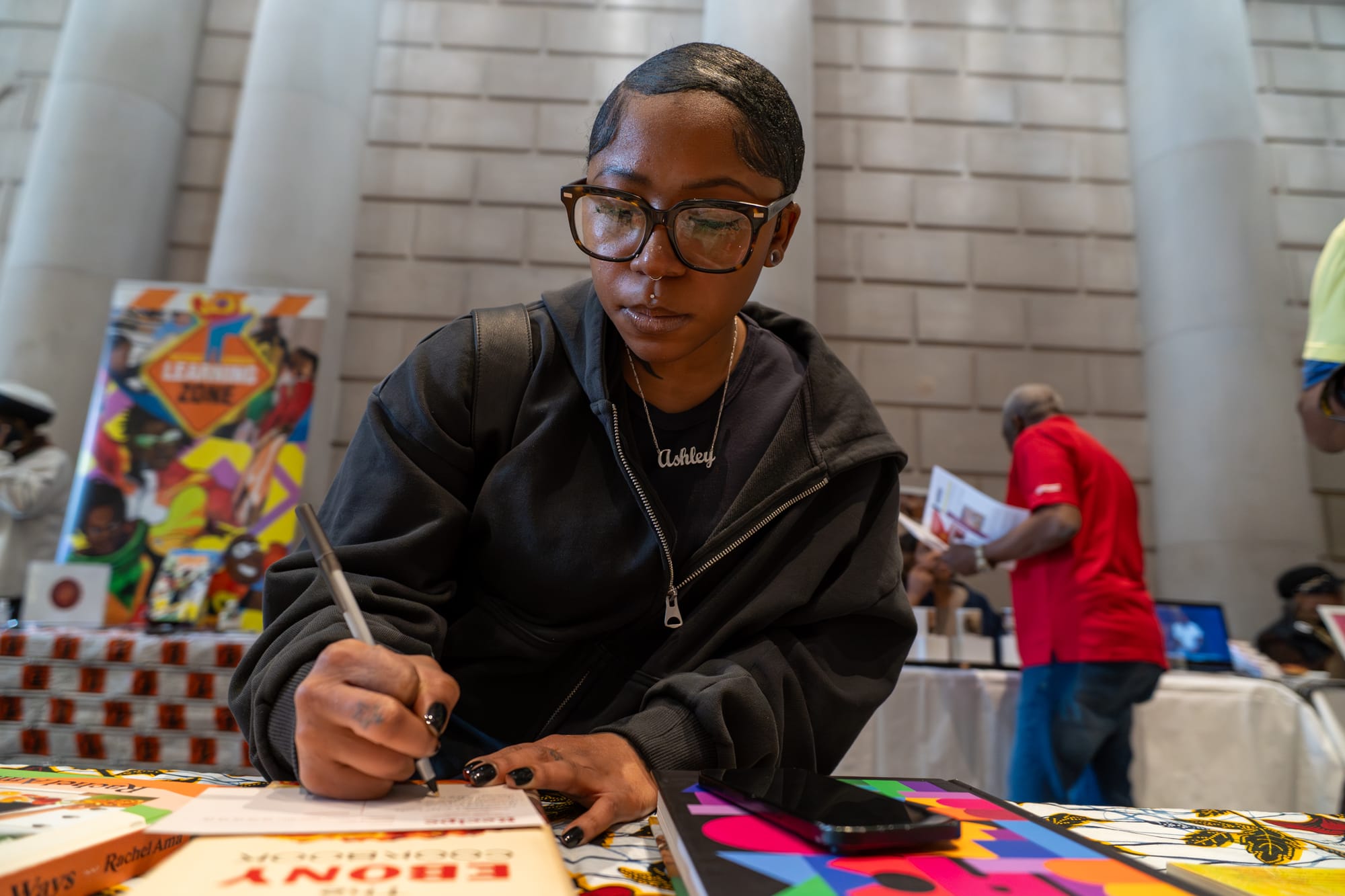Hidden History: Philadelphia Changed Dr. Martin Luther King, Jr.’s Life
Philadelphia played a pivotal part for the Rev. Dr. Martin Luther King, Jr. From his formative education to coalition building with the areas most influential voices and organizations to an encounter that would change his life, Philadelphia is one of the central places to the story of Dr. King.
Philadelphia played a pivotal part for the Rev. Dr. Martin Luther King, Jr. From his formative education to coalition building with the areas most influential voices and organizations to an encounter that would change his life, Philadelphia is one of the central places to the story of Dr. King.
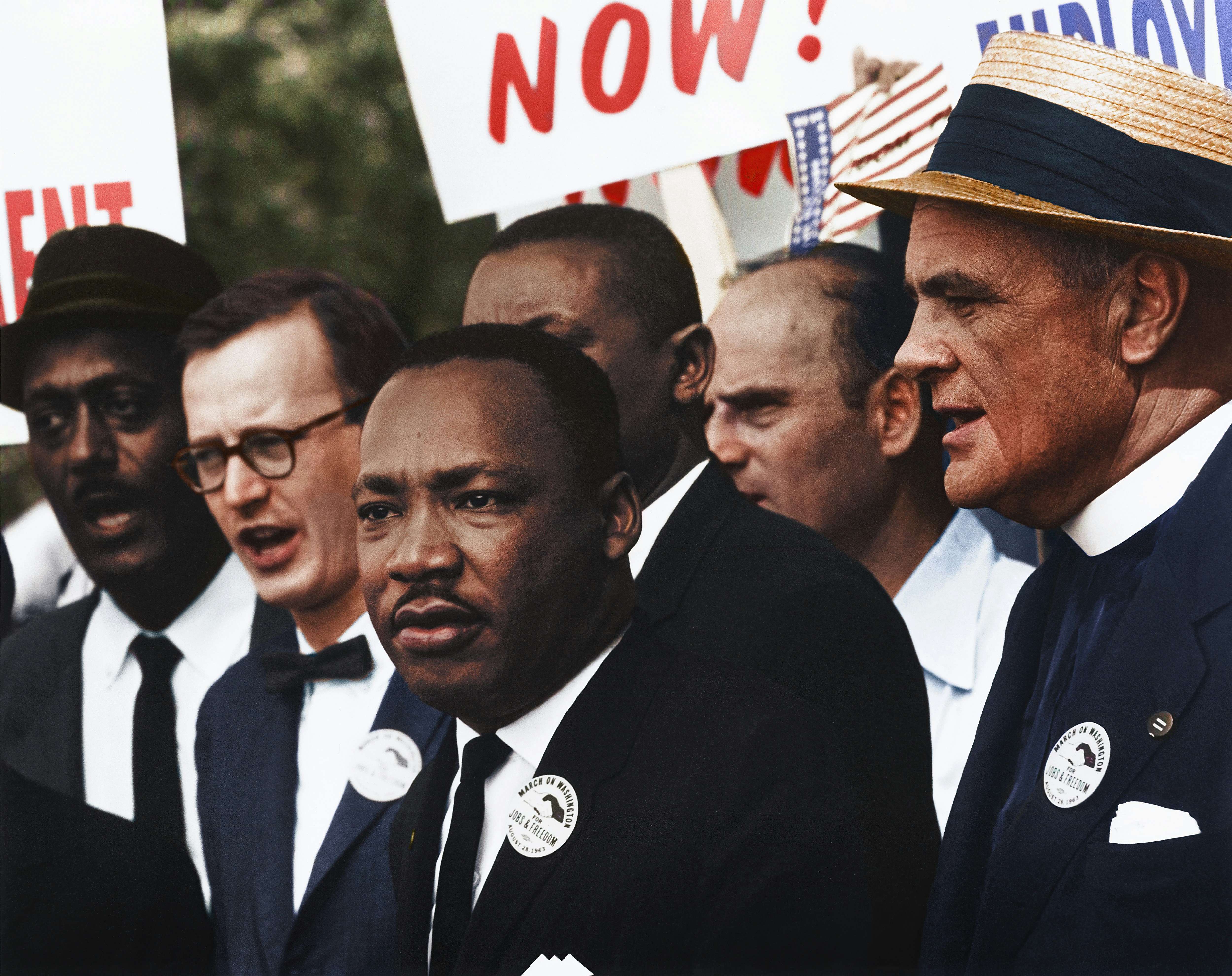
In 1948, King enrolled in Crozer Theological Seminary in Chester, just outside of Philadelphia. During that time, King audited three courses at the University of Pennsylvania. During his time studying in Philadelphia, he encountered Dr. Mordecai Johnson, pastor and activist as well as the President of Howard University. That encounter forever shifted the trajectory of King’s life.
Dr. Johnson was just returning from a trip to India where he was studying the methods of change that ended British colonial rule. Johnson’s study led him to the work of Mahatma Gandhi. Johnson brought that work back to the US and shared it in a lecture at a church here in Philadelphia. In the congregation of that lecture was a young Martin Luther King. He was so moved by that lecture, he wrote in his autobiography, “I left the meeting and bought a half-dozen books on Gandhi’s life and work.” Dr. Johnson’s work and study led King to Gandhi, a man whose nonviolent efforts would shape King’s own work here during the fight for civil rights.
King also received many awards here, including one of his first humanitarian honors. A handful of years following that pivotal encounter with Dr. Johnson, Dr. King would return to Philadelphia to receive the Philadelphia Fellowship Commission’s National Fellowship Award.
Philadelphia supported Dr. King. The largest contingent of marchers at the March on Washington came directly from the City of Brotherly Love. Over 42,000 of the 250,000 participants of the March on Washington came from Philly. Activist and organizer Samuel Evans led the effort that organized 500 buses as well as a reserved train for any Philadelphians who wanted to be present at the march. Those efforts led to almost a sixth of the march participants supporting the historic event.
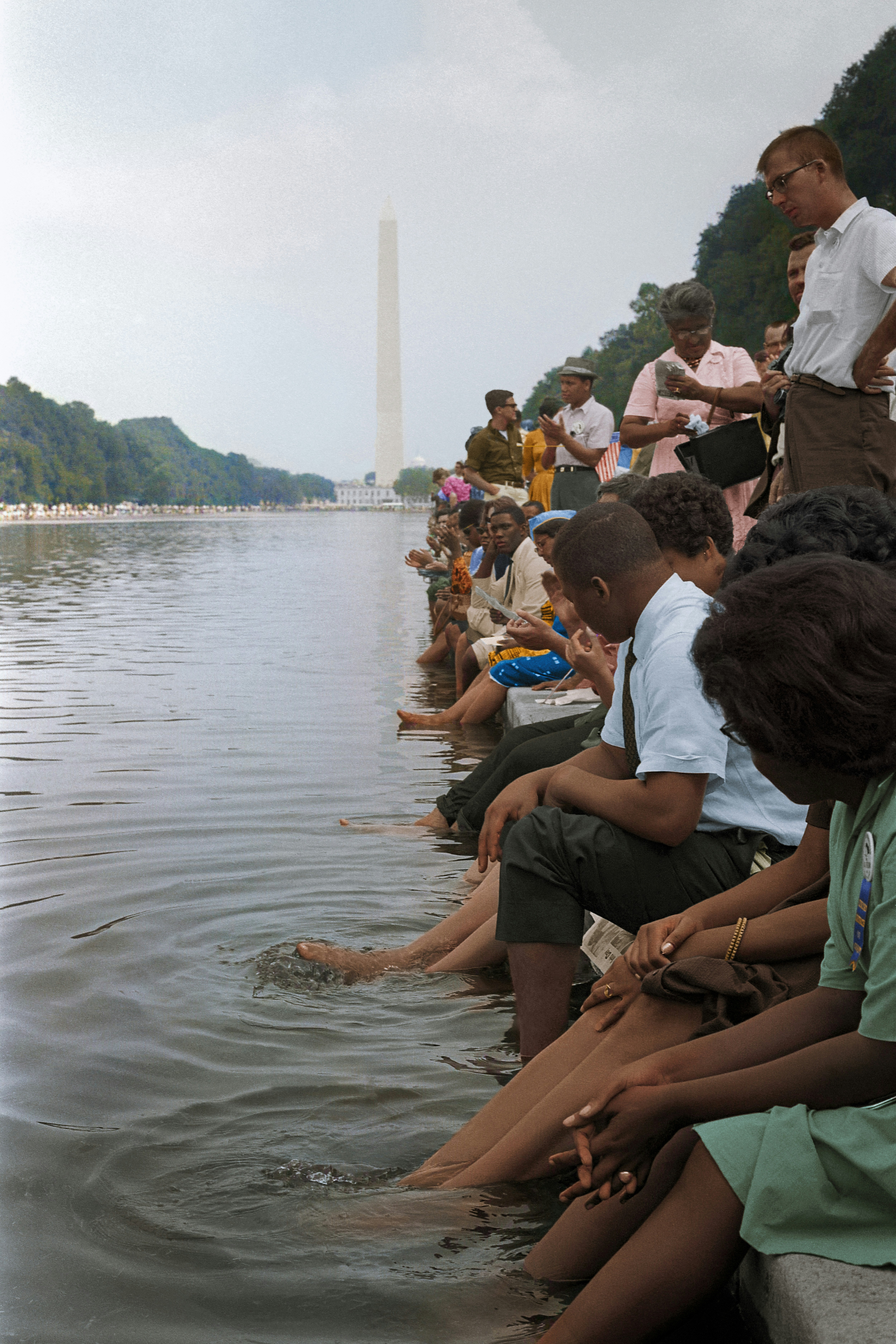
The name Cecil B. Moore is well known throughout the city. Moore was instrumental in so many efforts across Philadelphia. One of those was desegregating Girard College. As Moore’s friend and ally, Dr. King came to support those efforts. King spoke at a 1965 rally, saying “I must face the fact that it is a sad experience at this stage of the 20th century, to have to stand in the city that has been known as the ‘Cradle of Liberty,’ that has in its midst and its presence, a kind of Berlin wall to keep the colored children of God out.”
King’s work would lead him back to Philly many times, the final time being in February of 1968 to organize a campaign against the Vietnam War. Two months later, he was assassinated in Tennessee.
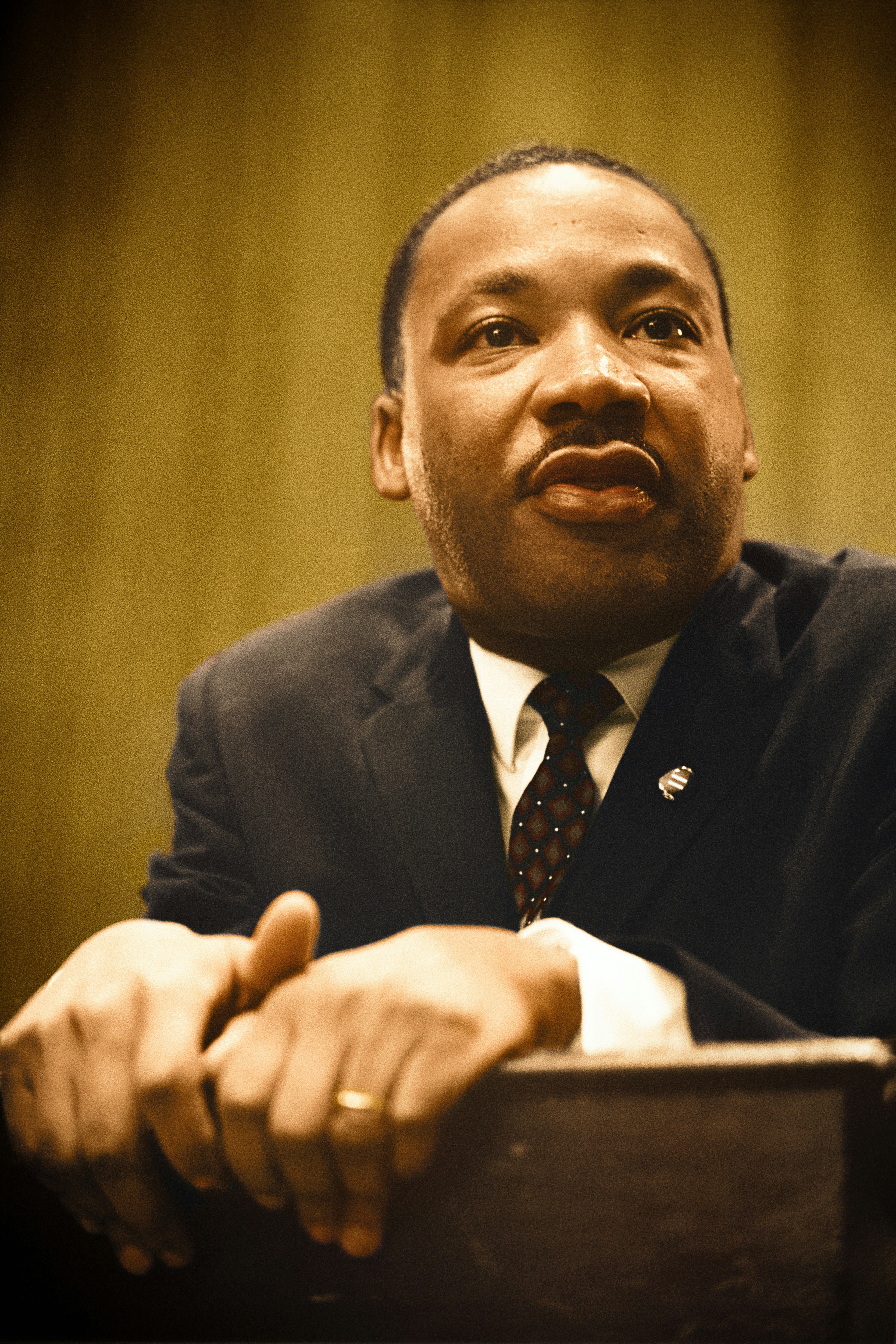
The City of Brotherly Love always held a special place for Rev. King. Our city has been the direct beneficiary of King’s enduring legacy as well as the loudest supporters of King’s decades long peace and equality efforts. May we never forget those ties that bind Philadelphia to one of our nation’s greatest heroes.
